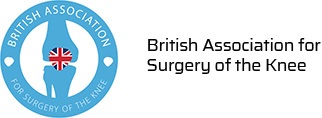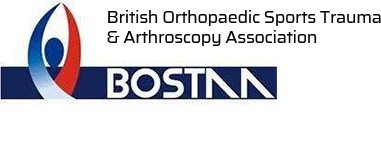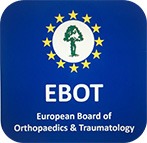ACL Tears
What is the ACL?
The anterior cruciate ligament (ACL) is one of the major ligaments of the knee. It is located in the middle of the knee and runs from the femur (thighbone) to the tibia (shinbone). The ACL prevents the tibia from sliding out in front of the femur. Together with the posterior cruciate ligament (PCL), it provides rotational stability to the knee.
Causes of ACL Tears
An ACL injury is a sports-related injury that occurs when the knee is forcefully twisted or hyperextended. An ACL tear usually occurs with an abrupt directional change when the foot is fixed on the ground or when the deceleration force crosses the knee. Changing direction rapidly, stopping suddenly, slowing down while running, landing from a jump incorrectly, and direct contact or collision, such as a football tackle can also cause injury to the ACL.
Symptoms of ACL Tears
When you injure your ACL, you may hear a pop sound and may feel as though the knee has given way. Within the first two hours after injury, your knee will swell and you may have a buckling sensation in the knee during twisting movements.
Diagnosis of ACL Tears
The diagnosis of an ACL tear is made by reviewing your symptoms and medical history and performing a physical examination of the knee. Other diagnostic tests such as X-rays and MRI scans will be requested to confirm the diagnosis and rule out other injuries.
Treatment of ACL Tears
Treatment options include both non-surgical and surgical methods. Mr Taneja will discuss the best option for you during the consultation after examining your knee and reviewing your investigations.
The usual surgery for an ACL tear is an ACL reconstruction which treats the knee laxity and restores its stability. Surgery to reconstruct an ACL is performed with an arthroscope, using small incisions. During the surgery, the torn ligament is replaced with a tendon graft that can be obtained from your knee.
Following ACL reconstruction, a rehabilitation program is started to help you resume a wider range of activities.
Mr Taneja focusses solely on the knee in his practice and treats a high volume of sports knee injury cases, including many patients with ACL and meniscal tears.









